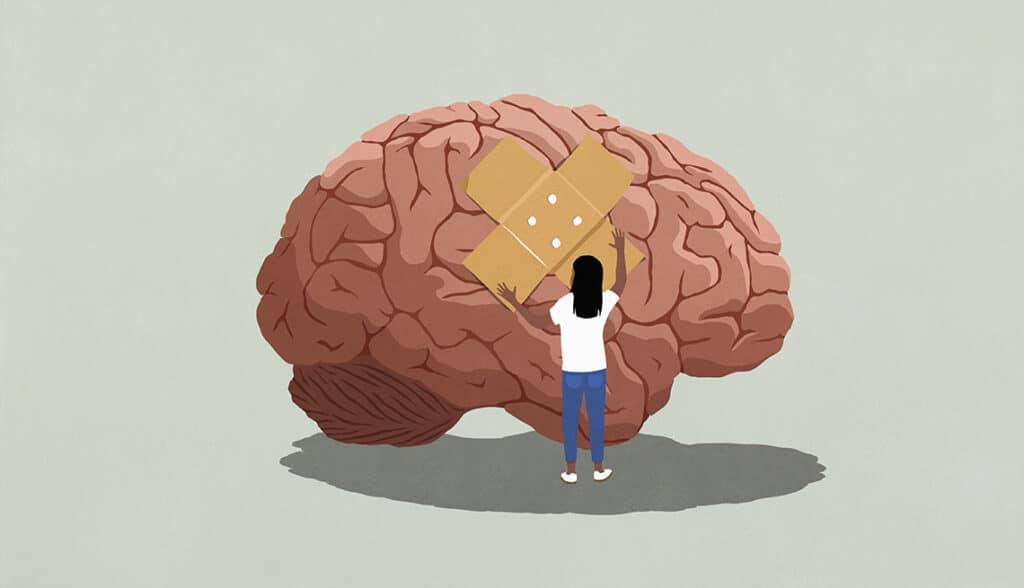
Princess Anne, sister of King Charles III, sustained minor injuries and a concussion following an incident on the royal residence Gatcombe Park estate, Buckingham Palace announced on June 24. She is recovering in the hospital and is expected to make “a full and swift recovery,” royal officials said.
While the exact cause of the princess’ injuries was unconfirmed, the Associated Press reports that there were horses in the area. The 73-year-old daughter of Queen Elizabeth II is known for her love of horses and competed in the 1976 Montreal Olympic Games as a member of the British equestrian team.
The AP reports that emergency services were called to the estate, and the princess was treated at the scene before being transferred a hospital in Bristol. A concussion is an injury that health experts say requires immediate medical attention, since a swift diagnosis and proper treatment is key to preventing further damage.
Read on to learn more about concussions, including their warning signs and symptoms, plus a few steps you can take to help prevent them.
1. What is a concussion?
A concussion is considered a mild traumatic brain injury, or TBI, caused by a bump, blow or jolt to the head. These types of impacts can cause the brain to bounce or twist around in the skull, triggering chemical changes in the brain, and possibly stretching and damaging brain cells, the Centers for Disease Control and Prevention (CDC) explains.
Concussions are especially a concern for older adults. An estimated 36 million falls are reported each year among adults age 65-plus, according to the CDC.
“And we know about 80 percent of head traumas occur in older adults from falls,” says Richard Figler, M.D., a staff physician at the Cleveland Clinic’s Center for Sports Medicine and director of the Concussion Center.
2. Concussion symptoms are wide-ranging — and not always obvious
When it comes to concussions, the range of symptoms is quite broad, says Ray Chu, M.D., associate professor of neurosurgery at Cedars-Sinai in Los Angeles. Some people might experience a headache; others have trouble with thinking or memory.
“Sometimes people have some light sensitivity or sound sensitivity,” Chu says.
To learn about more concussion facts to help protect your head, from AARP, CLICK HERE.

